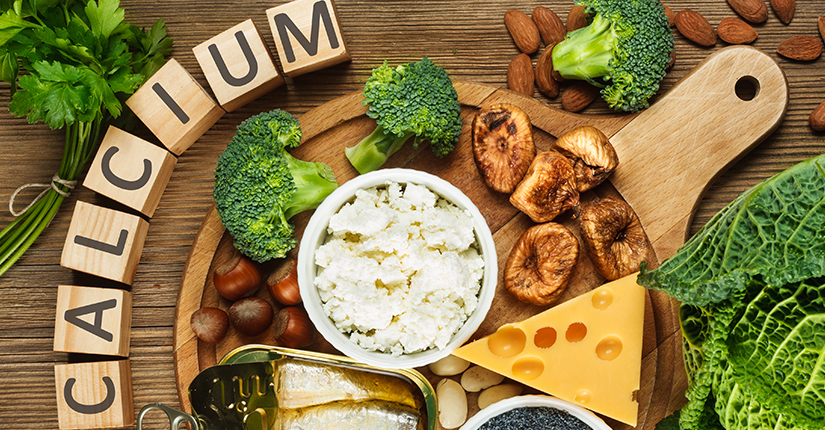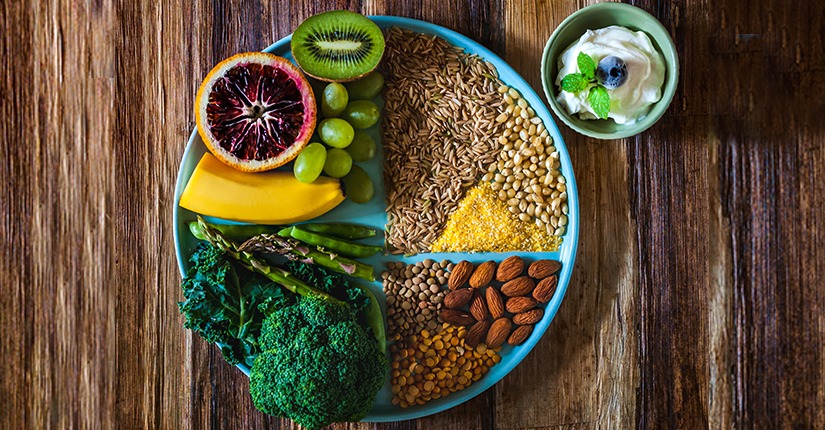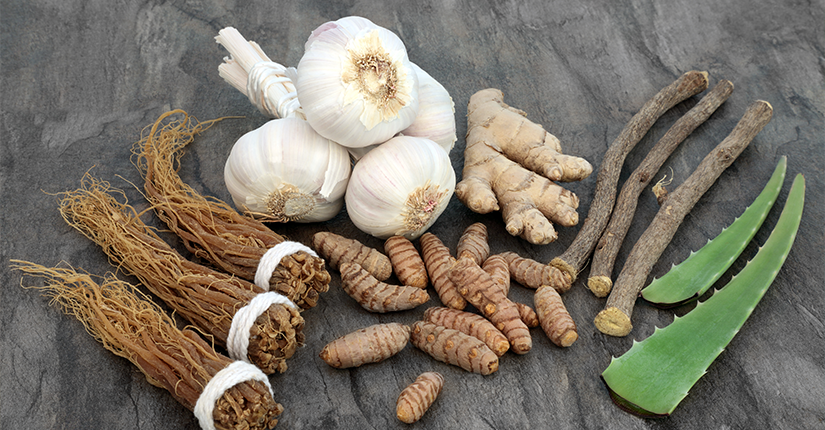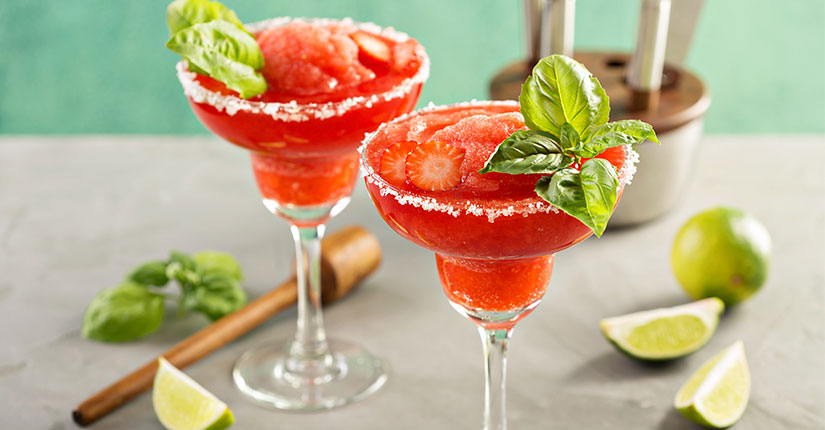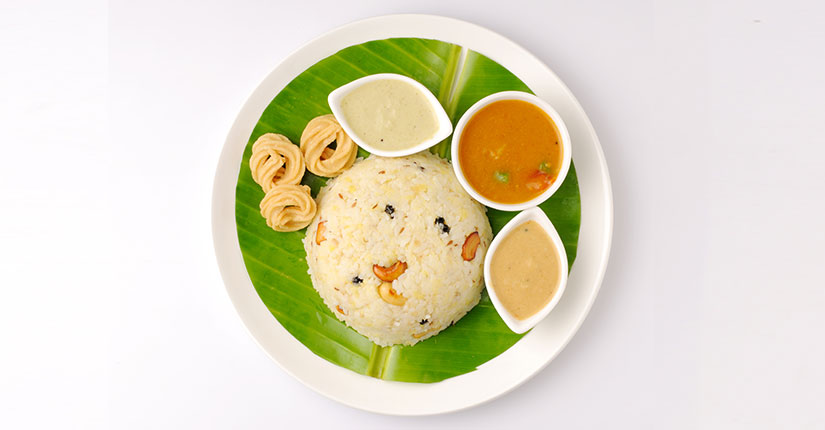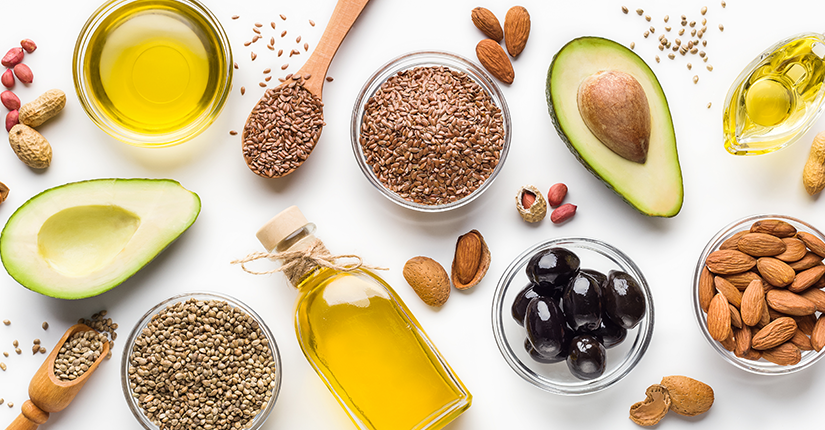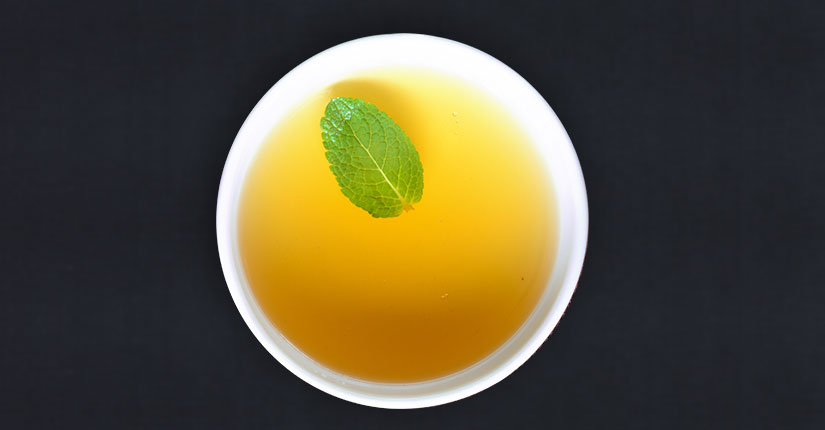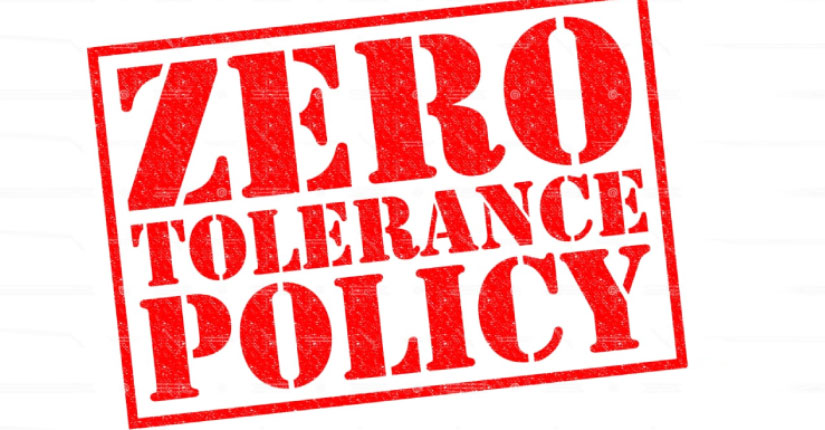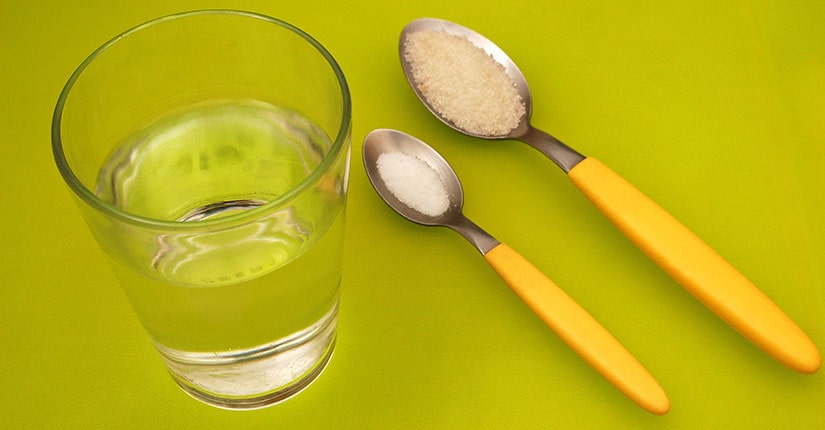How much salt is too much?
By Nmami Agarwal 13-Mar 2022 Reading Time: 4 Mins
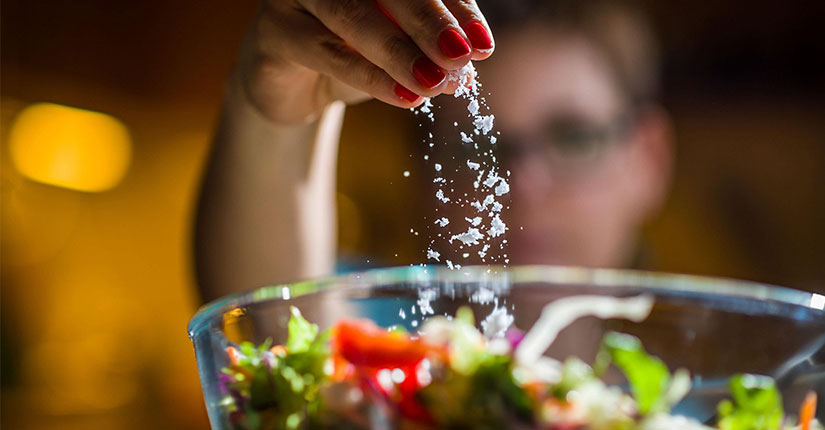
Good health is all about perpetuating harmony & balance in our body. Too much of anything can cause great trauma to our vital organs. We need nutrients, vitamins & minerals all in the right proportion to stay active & fit. Any imbalance immediately leads to ill health.
One such mineral that our body needs to function effectively is Sodium. The salt which we normally use to cook food contains sodium. High sodium consumption leads to hypertension resulting in heart issues, stroke, and kidney related problems and on the contrary, less sodium intake can cause low blood pressure making us inactive.
Sodium is an essential nutrient for maintenance of plasma volume, acid-base balance, transmission of nerve impulses and normal cell function.
With changes in our lifestyle and increase in feasting of processed food & less fresh fruits & vegetables; the amount of salt has elevated & potassium has reduced which is found in natural foods. Potassium is an essential nutrient needed for maintenance of total body fluid volume, acid and electrolyte balance, and normal cell function.
So exactly how much salt is good?
There are many guidelines that state the exact consumption of salt.
1. For adults-
On an average people consume 9-12gms of salt in a day which is much higher compared to the recommended 5gms per day which is less than 1 teaspoon. Lower intake of salt will automatically lead to drop in high blood pressure which is the root cause of chronic problems. That means we should take less than 2gms of sodium per day.
2. In children
Kids aged between:
- 1 to 3 years should eat not more than 2g salt a day (0.8g sodium)
- 4 to 6 years should eat not more than 3g salt a day (1.2g sodium)
- 7 to 10 years should eat not more than 5g salt a day (2g sodium)
Do not allow kids to munch on savory food like chips, pizzas, burgers, sauces, French fries, etc. that have high sodium and will impact their health in future
3. Babies·
- Till the baby is breastfed they get all minerals and nutrients from mother’s milk. Since babies’ kidneys are not fully developed, too much salt can prove harmful for them in the long run.
- Babies less than 1 year old should be given less than 1g of salt per day.
- Avoid giving them packaged finger foods.
- Avoid adding salt in baby meals
Salt that contains iodine in the right amount is preferred as it prevents thyroid and medical conditions caused by iodine deficiency. Many food labels mention salt content on the back of their packaging. Before buying, one can easily go for food items that have low salt content.

